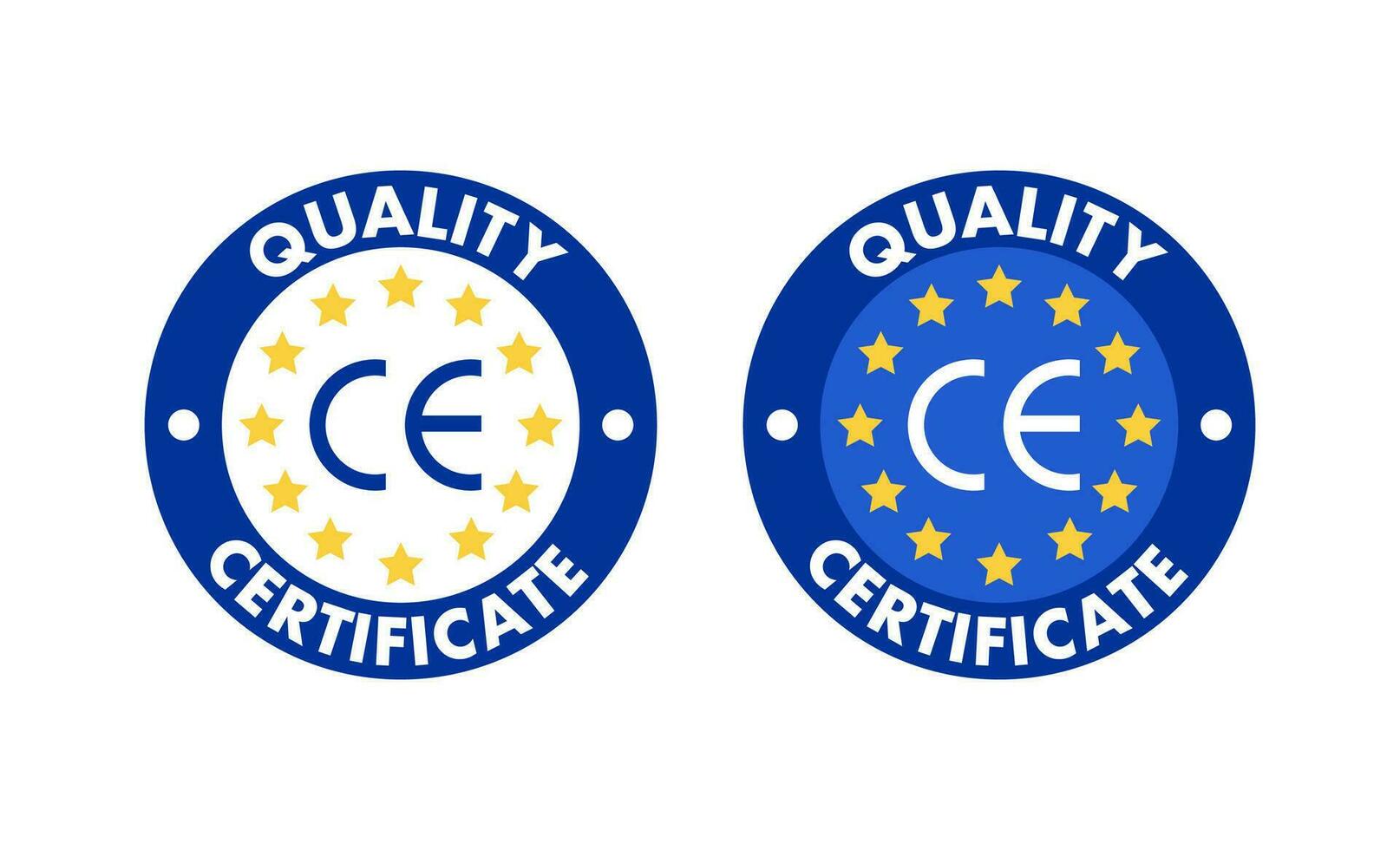What is a CE Certificate?

The CE Certificate (Conformité Européenne) is a mandatory conformity mark for products sold in the European Economic Area (EEA). It indicates that the product complies with EU safety, health, and environmental protection standards. Simply put, the CE mark tells customers and authorities that a product is safe, reliable, and legally allowed to be sold in Europe.
Where is CE Certification Used?
The CE mark is required for a wide range of products, including:
electrical and electronic equipment, Machinery, Medical devices, Construction products, toys, Pressure equipment, Personal protective equipment (PPE)
Any product in these categories must carry the CE mark before it is placed on the European market.
Benefits of CE Certification for Manufacturers
✅ 1. Legal Market Access in Europe
CE marking is a passport to trade in all EU and EEA member countries. Without it, your product cannot be sold legally in Europe.
✅ 2. Consumer Trust and Safety
The CE mark shows that your product is safe to use and meets European quality standards, increasing trust with both customers and retailers.
✅ 3. Improved Product Quality
To meet CE standards, you often need to improve design, safety, and manufacturing processes — leading to higher quality products.
✅ 4. Competitive Advantage
Products with CE marking can stand out in global markets, signaling compliance, quality, and safety — giving you an edge over uncertified competitors.
✅ 5. Fewer Product Returns or Legal Issues
Meeting compliance reduces the risk of accidents, recalls, fines, or legal complications — saving your business time and money.
✅ 6. Easier Global Expansion
CE-certified products are often recognized in non-European countries too, easing entry into global markets.
Why You Should Get CE Certified
If you’re a manufacturer aiming to expand into Europe or global markets, CE Certification is not optional — it’s essential. It adds credibility, opens new markets, and protects your brand.


